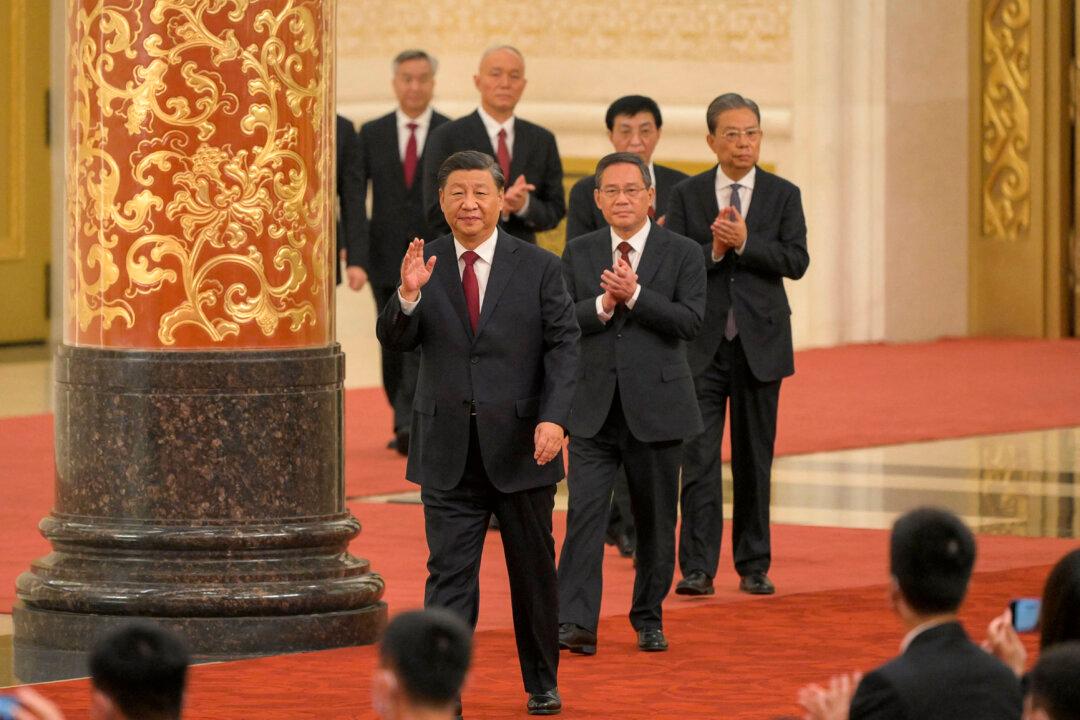Chinese leader Xi Jinping will remain in power for an unprecedented third five-year term, breaking a two-term norm set by his predecessors.
Xi, 69, will be the general secretary of the Chinese Communist Party (CCP) until at least 2028.

Chinese leader Xi Jinping will remain in power for an unprecedented third five-year term, breaking a two-term norm set by his predecessors.
Xi, 69, will be the general secretary of the Chinese Communist Party (CCP) until at least 2028.